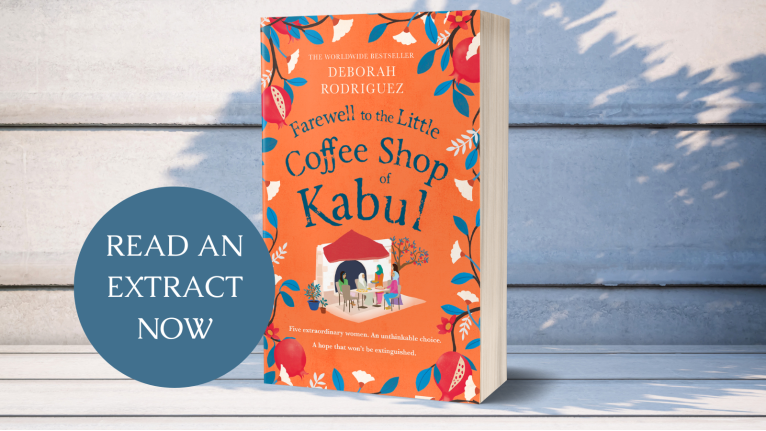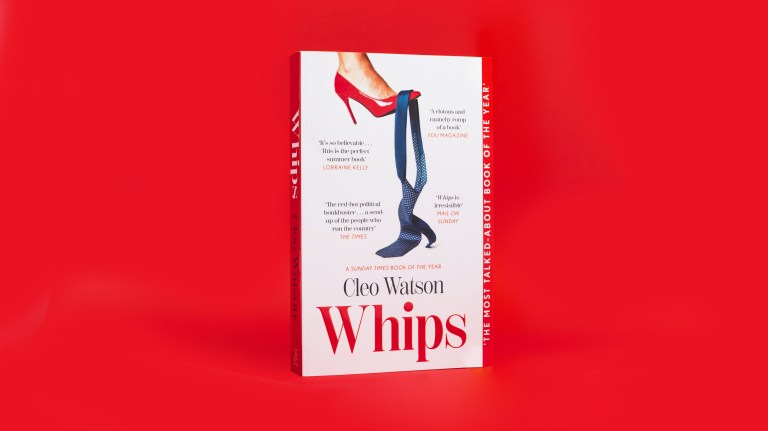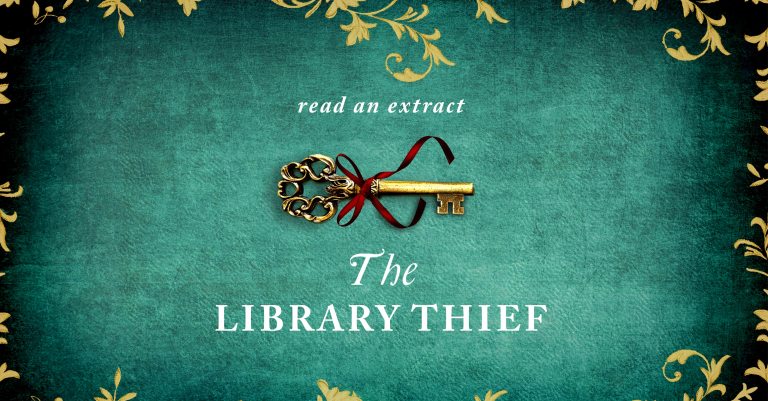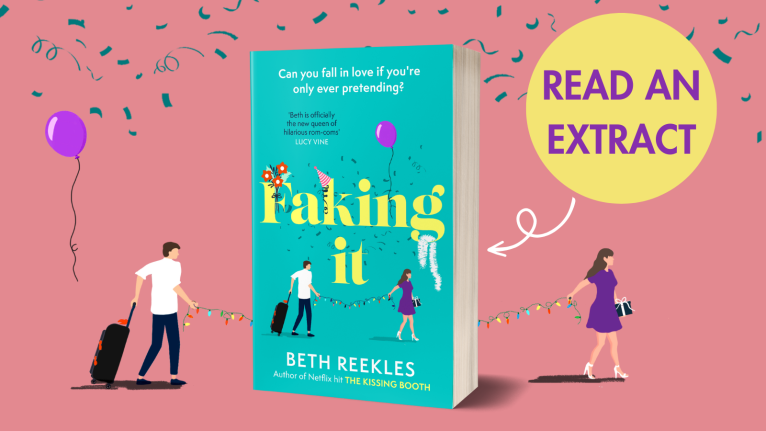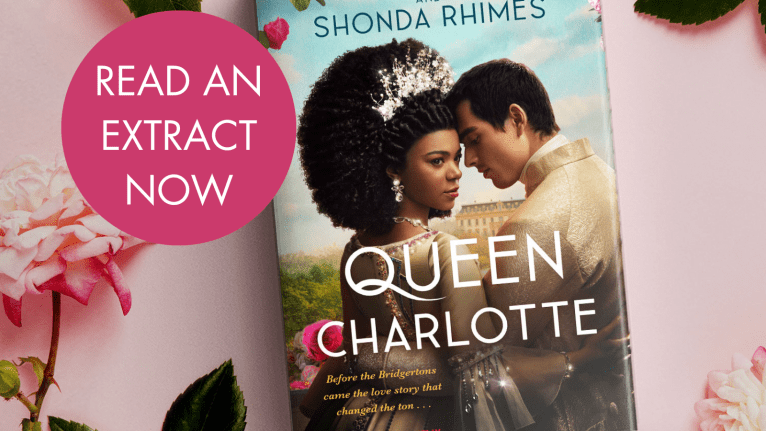Once Upon a Lie Exclusive Extract
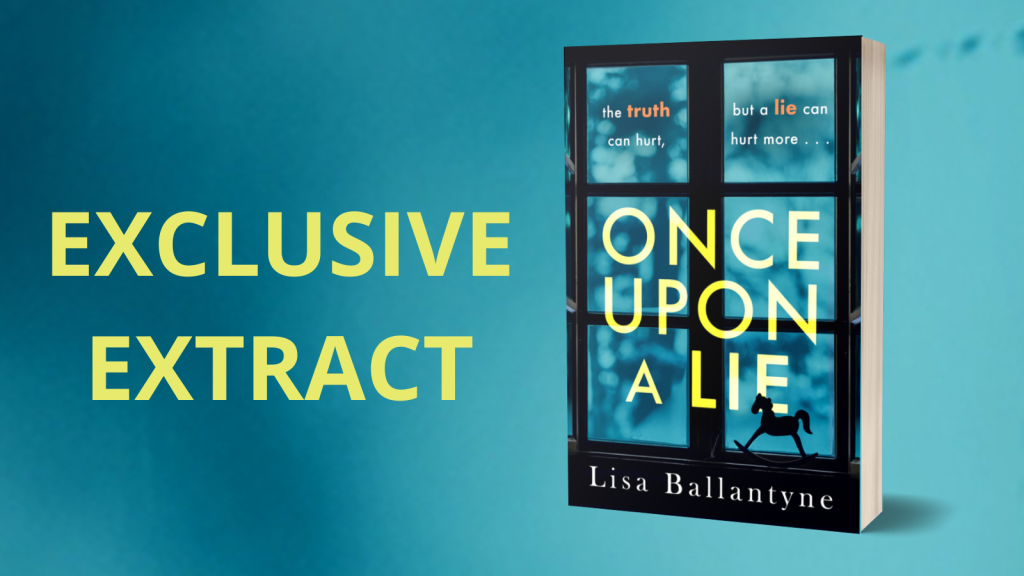
Prologue
CLARE
August 2019
Clare sat at her kitchen table and picked up her pen. It was late.
She had laid out pale- blue writing paper with a thick ply that felt
coarse between finger and thumb. It would soak up the ink from
her pen. She had thought about it for some time, but tonight
she was going to write a letter to Lorraine, about Theo . . . about
everything. It was time.
She and Lorraine had not spoken for more than ten years. If
Clare tried to call, she felt sure that Lorraine would hang up.
Would she feel threatened? Might she call the police? A letter
was best. It was non- confrontational and it would allow her to
explain her side of the story.
Clare had been silent on the subject of Theo for over a
decade. But if she had to tell the story, she would have to go way
back to before it happened – to before Theo was even born. She
would go back to meeting Lorraine at university and feeling that
this tall, vibrant woman was the best friend she could ever have.
Lorraine with her shiny black hair cut to her jaw, who seemed
impervious yet fragile like bone china.
Clare miscarried for the first time the same year that
Lorraine’s first child, Ella, was born. And now, looking back,
Clare could see that something had been set in motion back
then, which had led to everything else that happened.
She never wanted to talk about it, did her best to push it from
her thoughts, yet what had happened still swelled in her. From
time to time it would fill her up, liquid swilling inside her, so
that she could taste it in her mouth and memories would come
to her unwanted, like gulps of seawater.
No, she never wanted to talk about it, but if she had to, she
would tell the story in three parts:
The Miscarriage.
The Punch.
The Betrayal.
Some things are too big to understand on their own, and
Clare was only ever able to rationalise what happened by breaking
it down into those three key events.
She took the lid off her pen and wrote, Dear Lorraine.
It felt formal and auspicious to be writing more than a note or
a card. She was out of practice. Her handwriting wavered from
the tremble in her hand.
So old- fashioned to write a letter. There were so many
other means of communication at her disposal. She could
text, or WhatsApp. She could Messenger or Tweet. Calling
was out of the question after so long, but she could email.
Email was the only other viable option for lengthy, private
communication.
But Clare knew that there could never be just one email.
Copies would be held in Inboxes, in Sent items, in Deleted
items, on servers. Emails could be forwarded to many people
over and again. Emails could be found and their content examined
long after all trace had been removed from a mail account,
or indeed the mail account itself deleted. Emails lived on like
electronic fossils, revealing secrets years later.
Letters survived but they were physical things that were
subject to the years and the climate, much like human beings.
Letters could be shared, but they were often kept close or
hidden. Letters yellowed, aged, disintegrated.
Clare pressed her lips together and began:
So long since we’ve been in touch, but I still think of you
every day.
It was true. So long without any contact, but Clare still
thought of Lorraine, and Ella and Theo, every single day. She
missed them, craved their presence. At the beginning, after the
trial, these loved ones had come into her mind like a migraine,
sundering her, but now she welcomed them.
Clare looked at the pen in her hand. Why get in touch now?
It was weeks since she had discovered the lump in her breast.
She had felt it in the shower as she’d soaped: neck, shoulders,
chest, armpits. Every day always the same routine and then
something hard as a pebble under her skin. A needle biopsy had
confirmed it was breast cancer but she was still waiting for the
CT scan to determine the spread.
Cancer. It felt like a line drawn. A turning point. She didn’t
know what the future held but she wanted to put things right
if she could. She wanted to at least try. There were things that
had to be said.
I’ve not been well and fear what lies ahead for me and I
wonder if, after all this time, we might be friends again, or at
least speak, so that I could explain what happened that night,
before it is too late.
Clare exhaled down her nose. She crossed out before it
is too late.
She felt her cheeks flush as she crushed the piece of paper
and began again.
Dear Lorraine . . .
She was alone in the flat. She was used to that by now. She
had put on some music and planned to listen and write. When
her husband had lived here, they’d listened to records, but he’d
taken the player away with him. Almost everything in the flat
still looked the same since he’d lived here. Still the same white
walls, dark floorboards. Sam had taken his expensive designer
chairs but even the blanket on the sofa was the same one they
used to cuddle up beneath.
It had been hard for her to continue living in the flat after
all that had happened. It was an old house, and Clare was
sure its walls had witnessed sadder tales through the centuries
than theirs. She wasn’t superstitious but she wondered if the
spirit of a tragedy lingered, absorbed into the pores of the
sandstone.
It had been built in 1871 as a flat above a stable for three
horses, two carriages and a hayloft. In 1969, the hayloft and
flat had been converted into the living area, and when Sam
and Clare bought it, it was single storey and covered in pine
cladding. As a young architect, Sam had wanted a project of
his own. Renovated, it felt more like a house than a flat, with
street- level entry leading up a spiral stone staircase to an openplan
kitchen- living room; the hayloft converted into a second
floor with three bedrooms.
It was too big for just one person, and cold in the winter, but
Clare made use of most of the rooms since she had been living
here alone. One of the bedrooms served as her darkroom and
the open- plan kitchen- living room was a studio space for her
portrait photography business.
It had been Clare’s determination to continue living here, but
it was also her punishment, a constant reminder of the tragedy
that had unfolded within the thick stone walls and her part in
that. She regarded it as an achievement that she was still able
to call it home.
Clare pressed her pen against the paper, then raised it. There
was a black dot where she had hesitated. Part of her wondered if
the cancer had been caused by this well of unexpressed feeling
inside her, as if the dark memory of that time had burrowed
down inside her, turning hard and malignant, rallying, preparing
itself to spread.
I’ve recently found out that I’m not well – breast cancer –
and, although I’m trying to be brave, it makes me feel the
loss of you all over again. We’ve known each other for
so many years and after all that has happened I still love
you like a sister. When we were young we shared so many
secrets. We told each other everything. I never thought that
anything would come between us.
I am writing now to ask for your forgiveness.
That night was the worst night of my life. The cancer has
shocked me, but it has forced me to address things that had
been hard for me to face before. I think it will help me to fight
this – to get well – if I know that I have your blessing and
that you forgive me . . .
Clare stopped. She wanted to add, as I have forgiven you, but
thought it inappropriate for a first letter. She didn’t want to nettle
Lorraine. Tears stung her eyes. She knuckled beneath her lid.
Explaining was hard. It was like trying to interpret an avalanche,
a tumble of rocks and mud. Clare was not sure how
to order it, but she knew that she wanted Lorraine to finally
understand.
Again, Clare put down her pen. She swallowed, feeling the
liquid swill inside her. So much emotion even after all this time.
Her fingers trembled. It was not just sadness that she felt. Even
after all this time, she was angry.
She had been angry that night too, all those years ago, and
knew her anger had partly caused what happened. She was
prepared to admit that now.
Early morning. Clare left her flat and locked the big black
wooden door before she headed out to Palmerston Place. The
sun was just starting to come up behind St Mary’s Cathedral. It
was supposed to be a warm day, but this early there was a chill
and she wore a scarf over her shoulders and neck. She walked
straight to the post box on West Maitland Street.
MS LORRAINE COLLINS printed on a white label, adhered
to a brown A5 envelope. First class post.
It had taken Clare several days to finish the letter. It had run
to over twenty pages and did not fit into the matching envelope
for the notelets, but Clare had already decided against them.
She wanted something generic, business- like.
After hand- writing the address, Clare had worried Lorraine
would destroy the letter without even opening it. They knew
each other’s handwriting at a glance. They had been at university
together, reading each other’s essays and writing in the
holidays. No electronic means of communication back then.
They had shared a student flat on South Clerk Street with a
family of mice. They had been so close their periods had synchronised.
Even after all these years, Clare was sure she would
still recognise Lorraine’s handwriting anywhere: expressive,
high reaching ‘Hs’ and ‘Is’ and low curling ‘Gs’ and ‘Ys’, but the
letters thin and close to each other.
And so, Clare had opted for a brown envelope and printed label.
The fatness of the letter didn’t seem so strange as part
of business correspondence. The letter looked boring, official,
innocent.
Before she let it go, Clare held onto it for a few moments –
feeling a brief flush of anxiety when its small weight left her
fingertips and dropped down into the box. It was done. She had
set something in motion.
The letter was signed, all my love, Clare, and then she had
given her mobile number – which had not changed in all these
years – and her email address.
They could be friends again.
All Clare had to do now was wait.
'TENSE AND SHOCKING' Renee Knight
'A PAGE-TURNER OF A THRILLER' Saskia Sarginson
'GRIPPING, TENSE AND MOVING' Claire McGowan
'I WAS ABSOLUTELY GRIPPED' Karen Dionne
________
Clare and Lorraine have been friends since college and trust each other with their lives. So when Lorraine, a single mother, needs a much-needed night away without her children, she calls on Clare and her husband Sam to look after them. They're godparents - what could go wrong?
While Clare and Sam believe the children to be asleep, the unimaginable happens and Clare finds baby Theo lifeless in his room. The police are called. Statements are taken. But the biggest nightmare for any parent is about to spiral out of control.
Because a lie has been told. An enormous and terrible one.
Out of Clare, Sam and Lorraine, one of them isn't telling the truth . . .
________
A thrilling, emotional page-turner about the lies we tell to keep the ones we love safe, from the Richard & Judy Book Club bestselling author.
What everyone is saying about Lisa Ballantyne's thrillers:
'Gripping' Clare Mackintosh
'Sophisticated, suspenseful' Lee Child
'Tense' Sunday Times
'Unsettling and compulsive' Rosamund Lupton
'Moving' Guardian
'Emotionally intense' Richard & Judy Book Club
'Grips like a vice' Daily Mail
'Thought-provoking' Gilly Macmillan
'Tense' Rachel Abbott
'A page-turner' Daily Express
'I couldn't get this book out of my head' Jenny Colgan
'Outstanding' Daily Record


